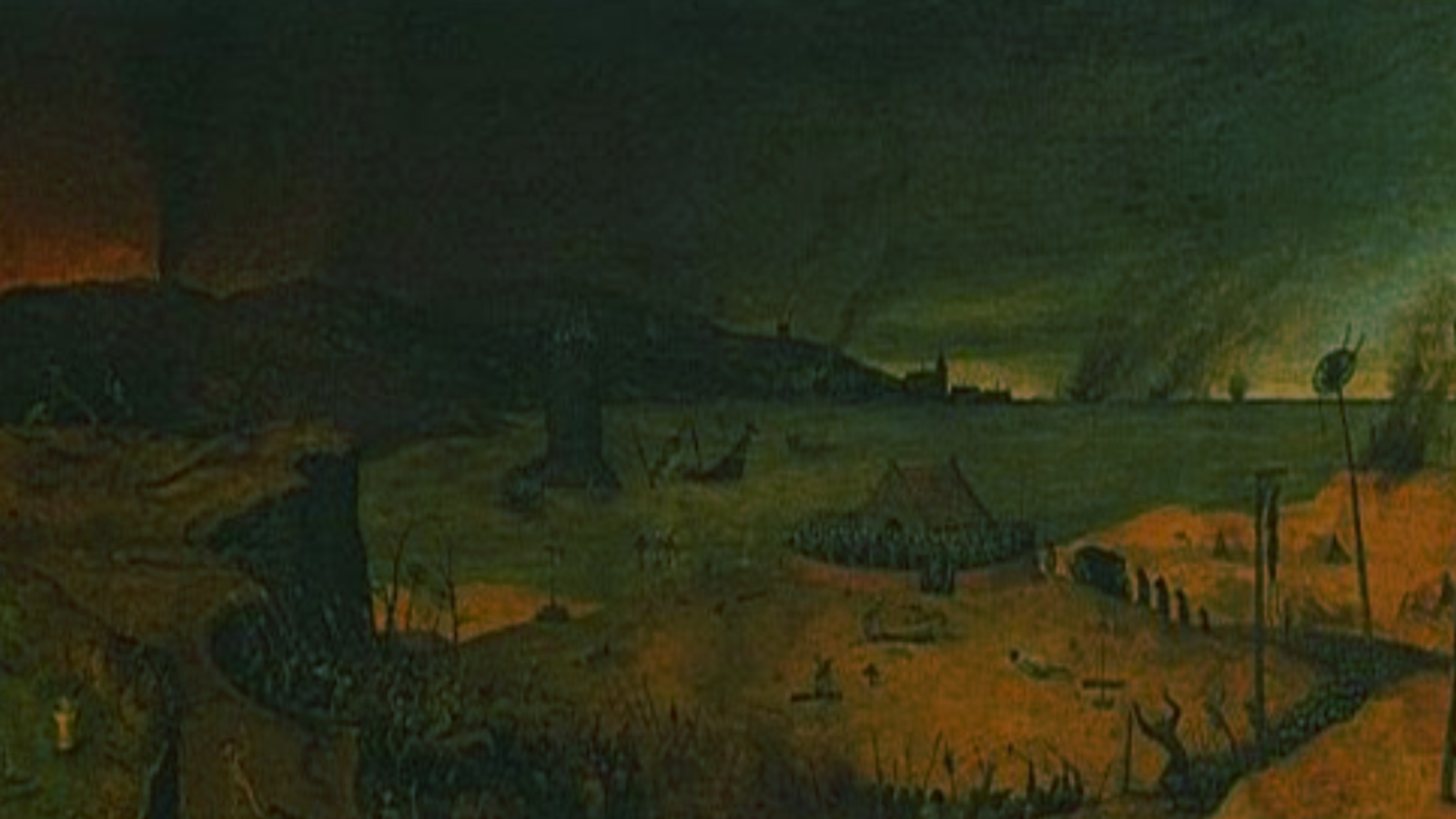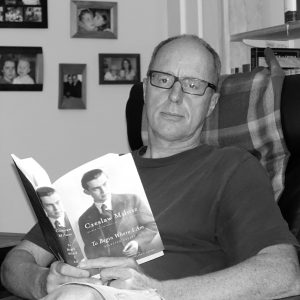
- This event has passed.
Literature | Philosophy | Theology
Tales That Tell: Moral Devastation & Original Sin in Literature (Pt. 2)
Wednesday, October 17, 2018
6:00 pm EDT - 7:00 pm EDT

Description
Out of This Stony Rubbish: Devastation and Rebirth in Eliot’s The Waste Land
More than any other work of high modernist literature, Eliot’s The Waste Land (1922) captures the loss of meaning and purpose that has overwhelmed an entire civilization. Surrounded by fragments of past knowledge that now seem barely intelligible in the wake of World War I, modern society appears mired in an unprecedented spiritual crisis. Yet unlike his modernist peers (e.g., Virginia Woolf, Bertrand Russell, Ezra Pound, et al.), Eliot’s critique of modern life is not confined to the conceptual resources and secular axioms that have shaped modern life. Though it predates Eliot’s “conversion” to Christianity by five years, The Waste Land‘s forceful summation of spiritual, ecological, psycho-sexual, and moral devastation already contains the seeds for the spiritual awakening that will be at the center of Eliot’s “Ash Wednesday” (1927) and his Four Quartets (1936-1943).
About the Speaker

Thomas Pfau (PhD 1989, SUNY Buffalo) is the Alice Mary Baldwin Professor of English, with secondary appointments in Germanic Language & Literatures and the Divinity School at Duke University. He has published forty-five essays on literary and philosophical subjects ranging from the 18ththrough the early 20th century, translations of Hölderlin and Schelling (SUNY Press, 1987 and 1994).

